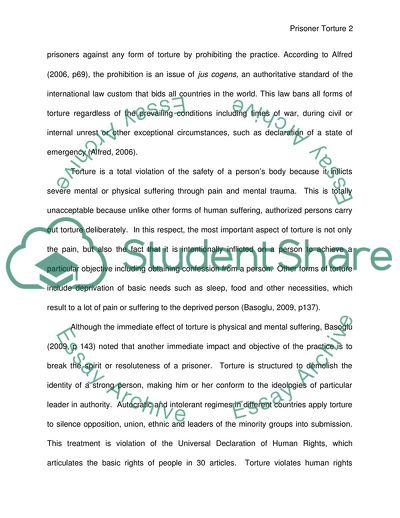Cite this document
(The United Nations Convention Against Torture Research Paper, n.d.)
The United Nations Convention Against Torture Research Paper. https://studentshare.org/law/1753885-prisoner-torture
The United Nations Convention Against Torture Research Paper. https://studentshare.org/law/1753885-prisoner-torture
(The United Nations Convention Against Torture Research Paper)
The United Nations Convention Against Torture Research Paper. https://studentshare.org/law/1753885-prisoner-torture.
The United Nations Convention Against Torture Research Paper. https://studentshare.org/law/1753885-prisoner-torture.
“The United Nations Convention Against Torture Research Paper”. https://studentshare.org/law/1753885-prisoner-torture.


